-

Job Rocha
2024 FellowLab: Dr. Mitchell KronenbergResearch Description:My research focuses on elucidating the role of Mucosal-associated Invariant T (MAIT) cells in Primary Biliary Cholangitis (PBC). PBC is a female predominant, chronic and debilitating autoimmune liver disease characterized by immune-mediated destruction of biliary epithelial cells (BECs). To this date, the immune cell types and molecular pathways that initiate inflammation and destruction of BECs remain unknown, and current treatments are ineffective in stopping disease progression. Multiple lines of evidence suggest a potential central role of MAIT cells in PBC. In humans, MAIT cells often represent more than 10% of liver lymphocytes, play essential roles in antimicrobial activity, tissue homeostasis, and can react to BECs. I aim to combine single-cell technologies and in vitro and in vivo experiments to understand the protective or pathogenic role of MAIT cells and their cellular interactions with BECs in PBC. -
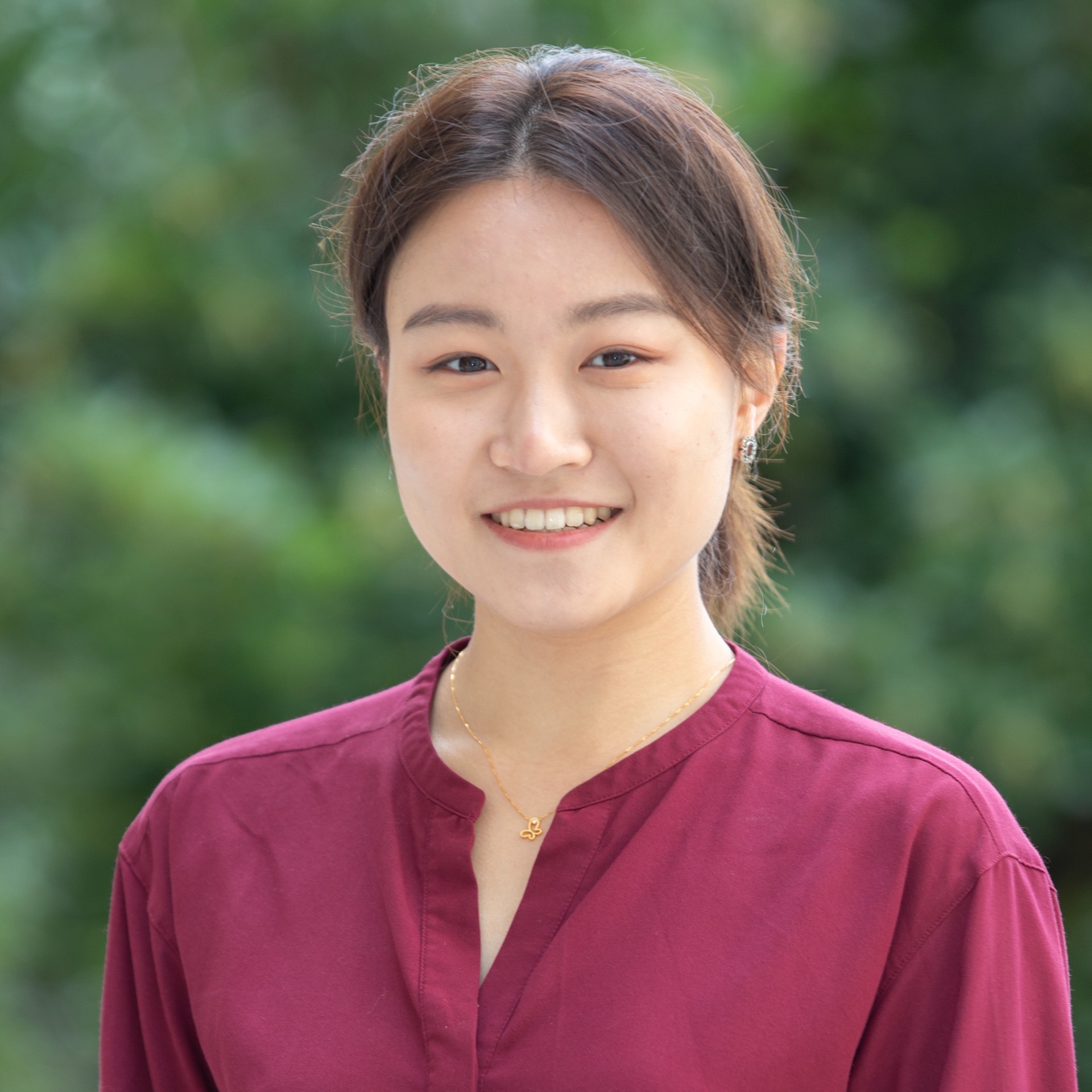
Ziyue (Jazz) Zhang
2024 FellowLab: Dr. Lifan LuResearch Description:I study the functions and mechanisms of regulatory T cells under various tissue microenvironments. -
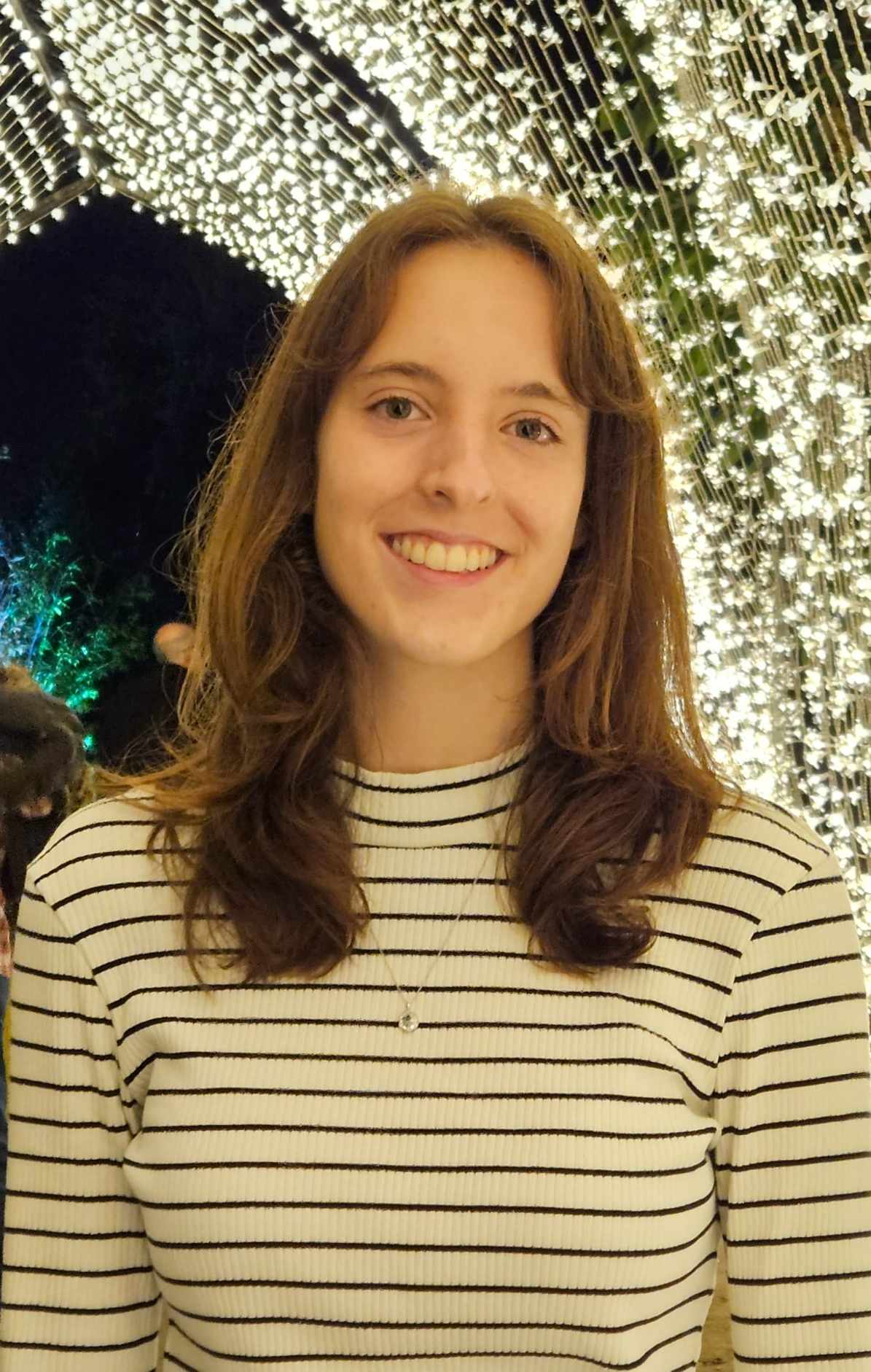
Alicia Gibbons
2023 FellowLab: Dr. Fotis AsimakopoulosResearch Description:I study how stromal matrix remodeling products regulate antigen-presenting cells and how they can be harnessed therapeutically to promote immunogenic tumor microenvironments. -
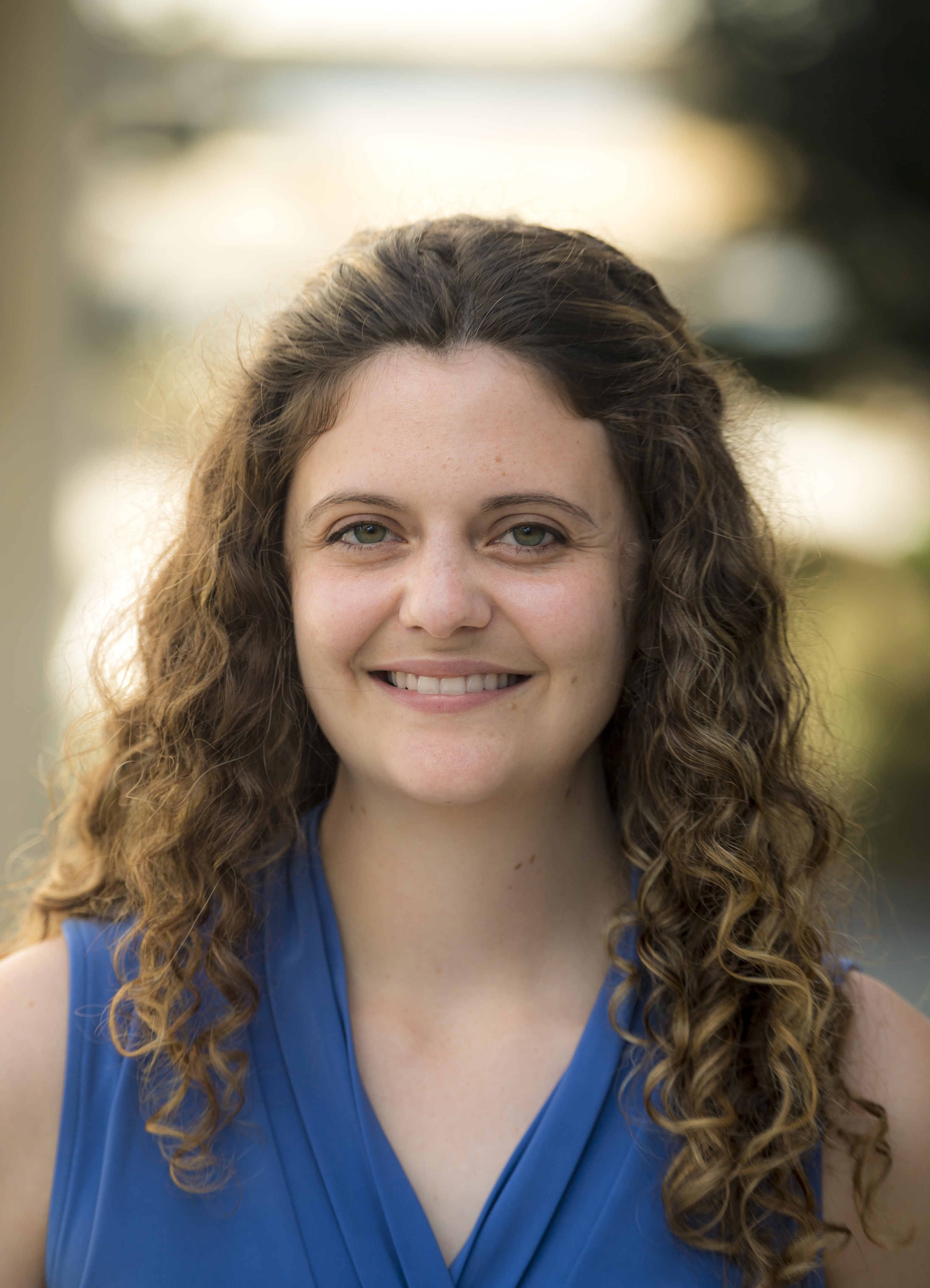
Alexandra Stream
2023 FellowLab: Dr. Victor NizetResearch Description:Alex Stream is interested in autoimmunity, vaccine immunology, and immune correlates of protection relevant to the leading human pathogen group A Streptococcus (GAS) and the important post-infectious autoimmune complication of rheumatic heart disease. Her research centers on understanding how bacterial antigens trigger humoral and T cell-mediated immune and autoimmune responses. -
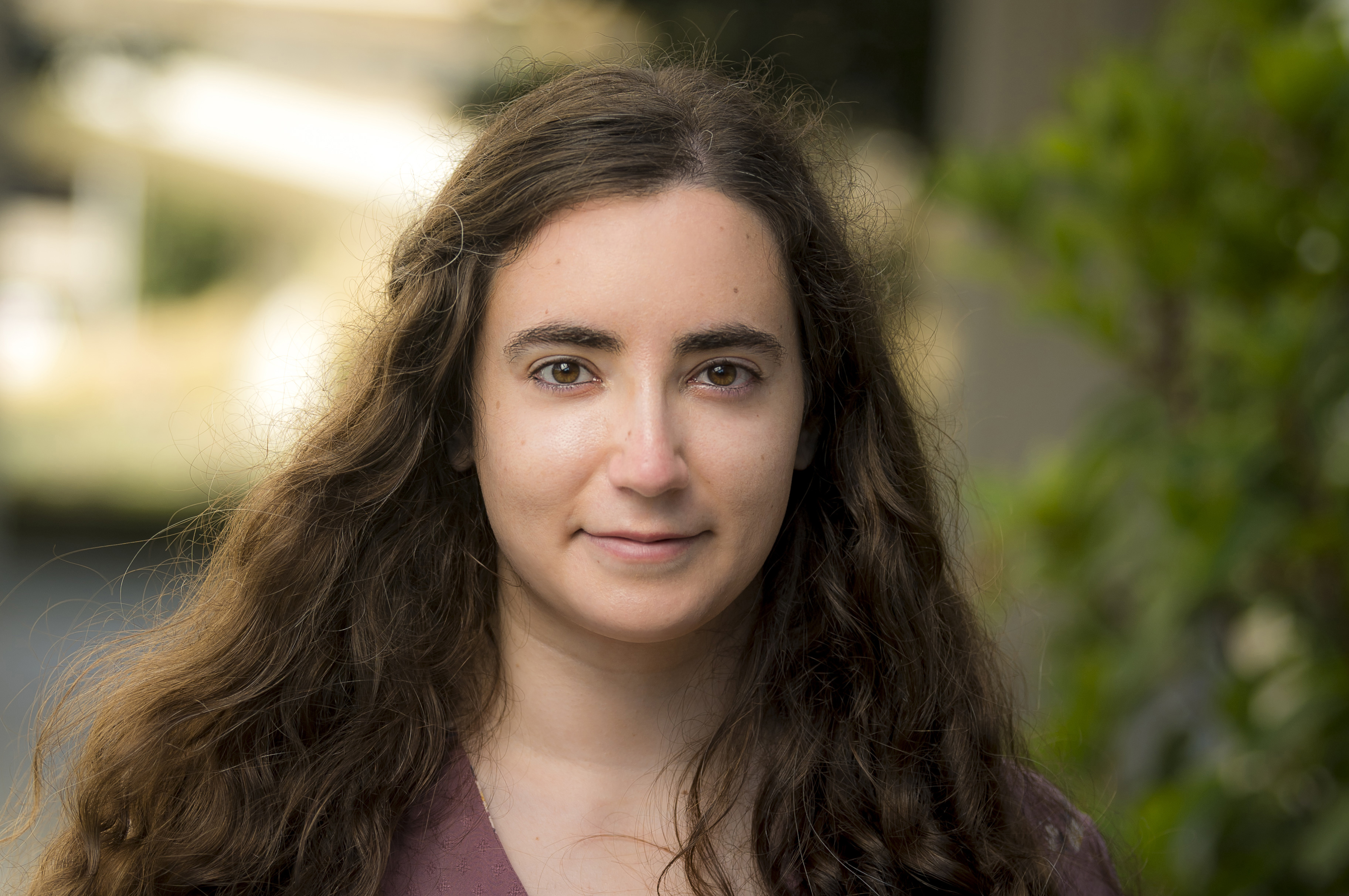
Sara Herrera-de-la-mata
2022 FellowLab: Dr. Pandurangan VijayanandResearch Description:My research focuses on asthma, specifically on understanding the mechanisms driving disease severity. Severe asthma is defined as asthma requiring treatment with high dose inhaled corticosteroids plus a second controller and/or systemic corticosteroids to prevent it from becoming "uncontrolled" or asthma that remains "uncontrolled" despite this therapy. Severe uncontrolled asthmatic patients represent a distinct endotype with persistent airway inflammation and remodeling refractory to corticosteroid treatment, with changes in airway structural cells leading to progressive worsening of airflow obstruction and reduced breathing capacity. CD4+ T cells and their canonical effector molecules, like type 2 cytokines, play a central role in orchestrating asthma pathogenesis, and therapies targeting these cytokine pathways have had promising outcomes. However, only up to 50% of patients respond to treatment, and their effects are neither durable nor reverse airway remodeling in all cases. My goal is to elucidate how a specific CD4+ tissue-resident memory (TRM) T cell subset identified through single-cell RNA-sequencing in the airways of these severe asthmatic patients may be the driver of airway inflammation and how its interaction with airway structural cells may drive remodeling events in severe asthma.
BioLegend Fellowship Program
The 2025 BioLegend Fellowship Application is now open!
The Program in Immunology, a collaboration between La Jolla Institute for Immunology and UC San Diego, is requesting applications for the next round of the BioLegend Graduate Fellowships in Immunology. The award will provide $25,000 solely for partial support of tuition and fees for one year to a student who is currently in their second year or third year (as of September 2025), enrolled in the Biological Sciences or Biomedical Sciences graduate programs, and who has applied for or is enrolled in the Specialization in Immunology. The awardee is required to list BioLegend support as a
"BioLegend Fellow" in any subsequent publications and presentations for the entire length of their graduate studies. The award cannot be accepted if the student already has another graduate award (N.S.F., NIH F31, etc.). US citizenship or permanent residency is not a requirement for the applicants.
Applications will be due on October 31st, 2025, and the funds for one awardee will be awarded soon after the decision.
The applicants should provide the following:
- Full Contact Information
- Graduate transcript
- Statement of research interests (one-page limit)
- Support letter from thesis advisor
Applications should be sent as a single PDF file by email to Amanda Sangari at alsangari@ucsd.edu. Questions about the process or application can also be directed to her.
Please see the formal application below:
2025-BioLegend-Fellowship-Application.png
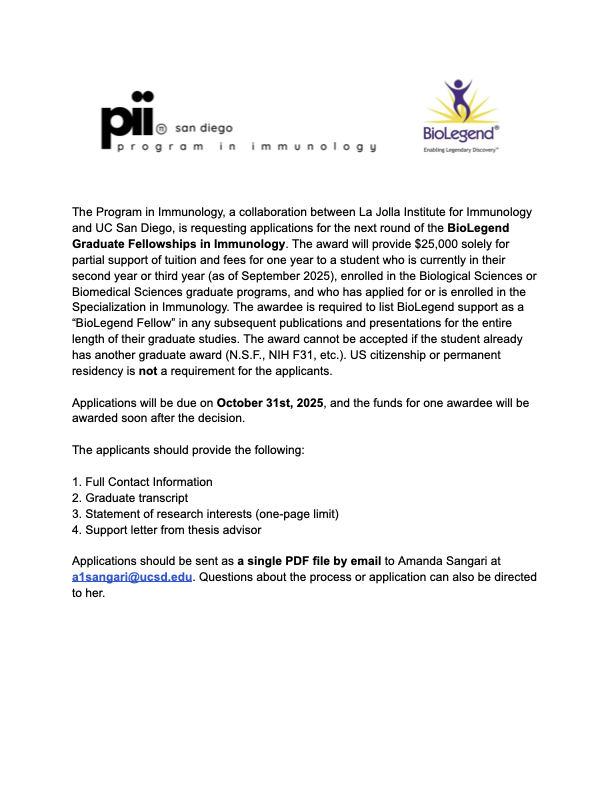

BioLegend Fellowship Recipients
-
Rasika Patkar
2021 FellowLab: Dr. Li-Fan LuResearch Description:I study immune regulation by regulatory T cells in intestinal inflammation. -
Nicole Siguenza
2021 FellowLab: Amir ZarrinparResearch Description:I engineer native bacteria to study the effect of specific functions on host health and disease.